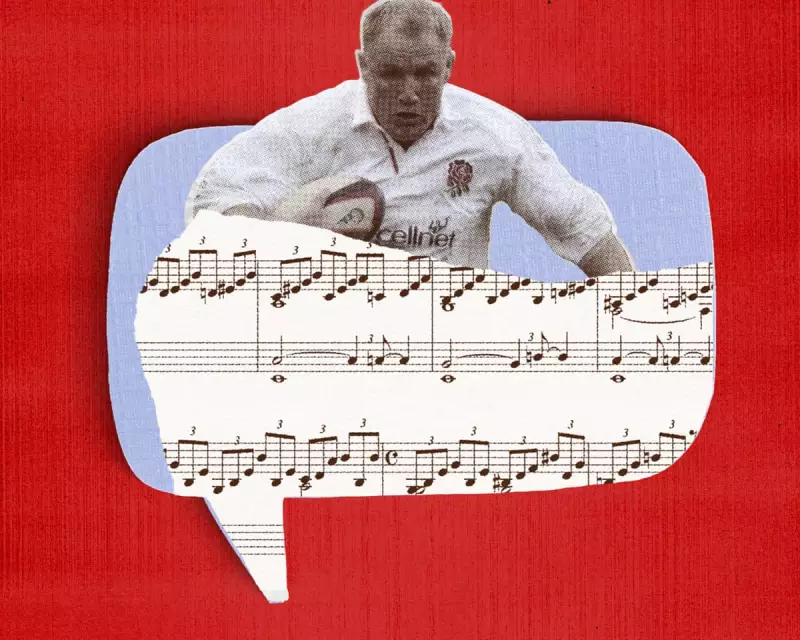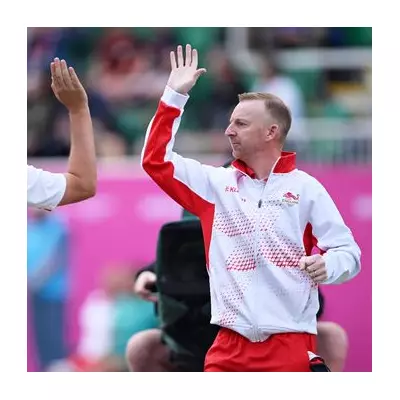
What does playing the piano have to do with rugby? According to a legendary sportsman, everything. A celebrated rugby figure has revealed how an unexpected piece of advice from his piano teacher became the cornerstone of his athletic success – and a life philosophy.
The Unlikely Connection Between Music and Sport
During a recent interview, the rugby star recounted his childhood piano lessons, where his instructor drilled into him a simple yet transformative mantra: ‘Practice doesn’t make perfect. Perfect practice makes perfect.’ At first, it seemed like just another musical cliché. But years later, standing on the rugby pitch, the wisdom hit him like a tackle.
Why ‘Perfect Practice’ Beats Mindless Repetition
‘Most of us think grinding through hours of training is enough,’ he explained. ‘But if you’re reinforcing bad habits, you’re just getting better at doing it wrong.’ The rugby legend described how he applied the piano teacher’s principle to his sport:
- Focused, intentional drills replaced autopilot training sessions
- Every movement was analysed for precision, not just effort
- Mistakes were corrected immediately, not repeated
The Science Behind the Sage Advice
Neuroscience backs this approach. Studies show that deliberate practice – slow, mindful repetition with immediate feedback – creates stronger neural pathways than rushed, distracted training. Whether mastering a sonata or a scrum, quality trumps quantity.
A Lesson Beyond the Field
Now retired from professional sport, the athlete applies the same philosophy to business and parenting. ‘It’s not about how many hours you put in,’ he reflects. ‘It’s about being fully present in each moment of practice – whether you’re raising kids, closing deals, or learning Chopin.’
His surprising cross-disciplinary insight offers a fresh perspective for anyone looking to elevate their performance, proving that wisdom often comes from unexpected teachers.





